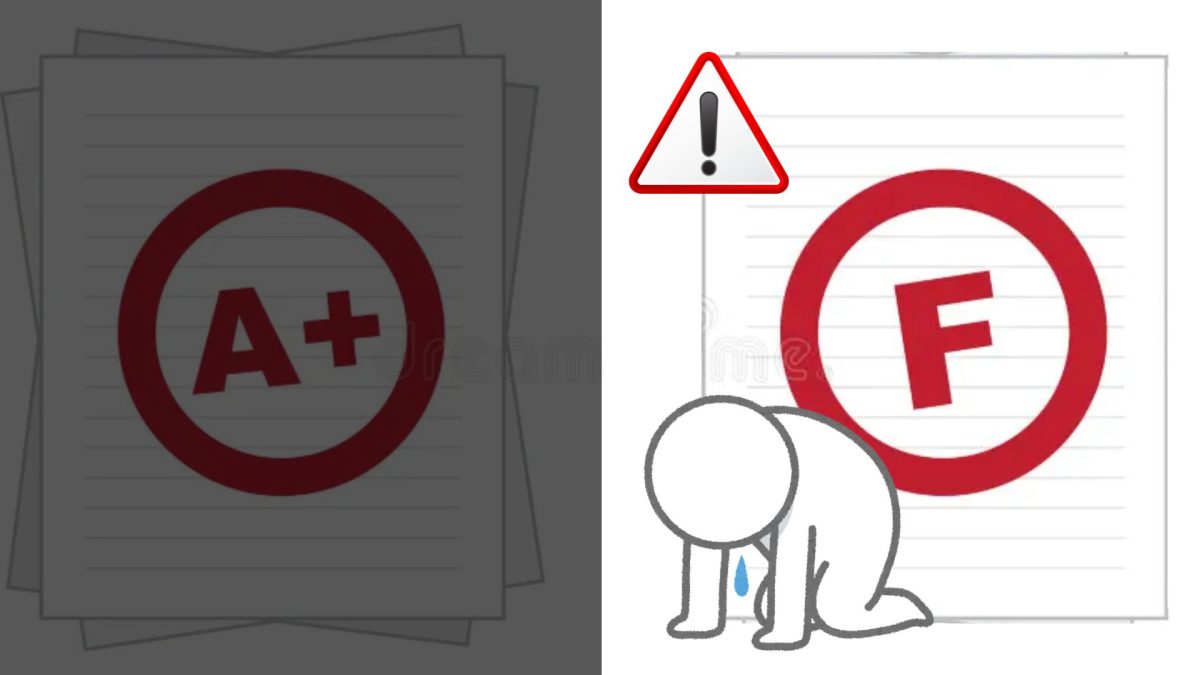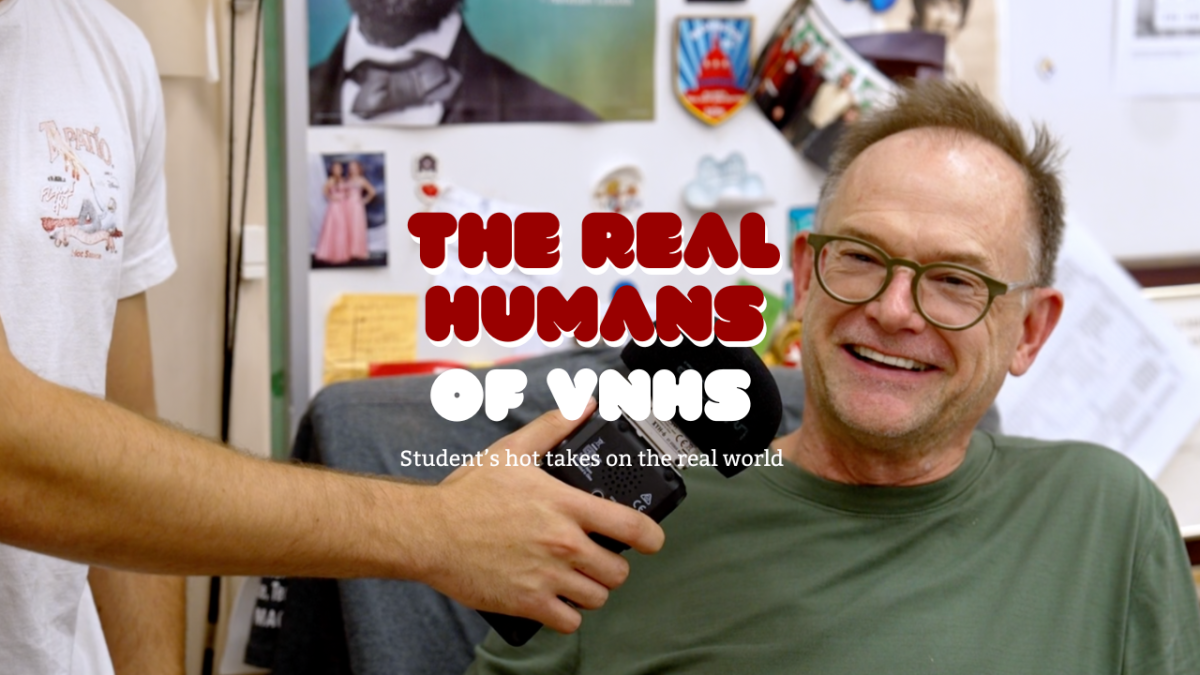REVIEW: Jojo Rabbit and the exclusive journey to discoveries
Taika Watiti’s Jojo Rabbit makes for a fine film, despite its lazy and irresponsible filmmaking.
Captain Klenzendorf (Sam Rockwell) with Rosie (Scarlett Johansson,) Jojo’s (Roman Griffin Davis) single mother and Jojo in the film Jojo Rabbit.
Nov 6, 2019
The talk of the media has been all about the release of Taika Waiti’s “Jojo Rabbit.” This satirical film takes place in 1945 right after World War ll, when the Nazis were defeated.
Waiti sets the story of a 10-year old german boy, Jojo (Roman Griffin Davis,) whose imaginary friend is none other than Hitler (Watiti) himself, undoubtedly Jojo comes to believe that his imaginary friend is the great leader of the sovereign race.
Although young, Jojo has an unusual obsession with the Third Reich, to the point where his bedroom is filled with propaganda posters splattered all over his wall. He also manages to attend a Hitler youth camp.
The sweet days of his enthusiasm are revolutionized after facing the harsh truth that his mother has been hiding a jewish girl, Elsa (Thomasin McKenzie,) in their garage of their home. Stuck in a tight situation about weather or not he shall report his mother and let her face the harsh punishment for her crime or letting it slide as if he did not know, Jojo decides to do the latter and continues to follow the instructions of the captain and work towards completing his chores at camp.
Deceived by his Nazi dogma, he was quick to label Elsa for the practice of her faith. Over time, however, Jojo is captivated by the intelligent Elsa and becomes friendlier with her. His viewpoints begins to change and he starts to question whether he and others have been misguided by Hitler all along.
Some folks are quick to criticize for its lazy and irresponsible filmmaking, while others have also pointed fingers for its “anti-hate satire.” Although I must agree to it being at times irresponsible, it still oddly seizes satisfaction from the audience with its elaborate silly and colorful comedies.
However, I think that it was wrongly marketed under the label of “anti-hate satire.” It doesn’t at all relinquish the factor of hate in the story in any significant way, and mediling with Nazi ideology is much too exclusive to undergo the label of “satire.”
The film is a big hearted-comedy-drama that contrasts the competence of narrow-minded fanatics whom are reluctant in nobility and kindness towards their opponents.
The film appeals light towards the optimistic message that through friendship hardships and bigotry will be vanquished and that makes for a fine film.
RATING: ★★★★☆








